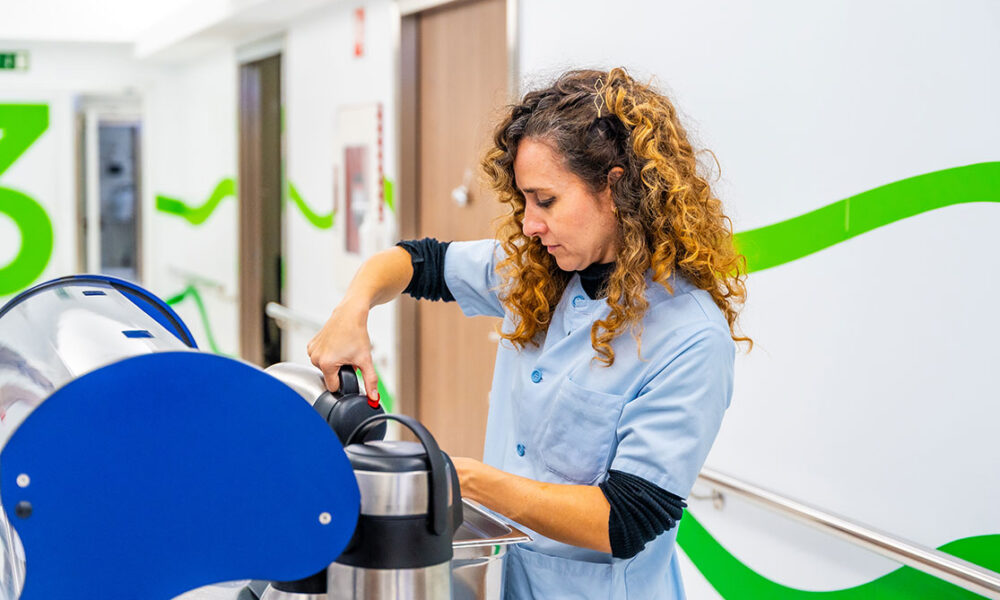For individuals living with disabilities, managing daily personal activities can present significant challenges. These activities, which many of us take for granted, are essential for maintaining independence, dignity, and overall well-being. Assistance with daily personal activities is a vital service offered by the National Disability Insurance Scheme (NDIS), designed to support individuals in managing their day-to-day tasks and improving their quality of life. In this article, we’ll explore the importance of this support and how it can make a meaningful difference in the lives of participants.
What Are Daily Personal Activities?
Daily personal activities encompass a range of routine tasks that are essential for self-care and maintaining a healthy lifestyle. These activities include:
- Personal Hygiene: Tasks such as bathing, grooming, and dental care are crucial for maintaining cleanliness and preventing health issues.
- Dressing: Choosing appropriate clothing and dressing oneself can be challenging for those with physical or cognitive impairments.
- Toileting: Assistance with using the toilet and managing continence is necessary for some individuals to maintain dignity and hygiene.
- Eating and Drinking: Ensuring proper nutrition and hydration is vital for health, and assistance may be needed to prepare meals or feed oneself.
- Mobility: Moving around the home or community, including transferring from a bed to a wheelchair, is an essential part of daily living.
- Medication Management: Taking the correct medication at the right time is crucial for many people with disabilities to maintain their health.
Why Is Assistance Important?
For individuals who face difficulties in performing these daily activities independently, assistance is not just about completing tasks; it’s about maintaining dignity, fostering independence, and improving overall quality of life. Here’s why assistance with daily personal activities is so important:
Promotes Independence: With the right support, individuals can participate in their own care to the fullest extent possible. This not only helps maintain their independence but also boosts their self-esteem and confidence. The goal of assistance is to empower participants to take control of their lives, rather than relying entirely on others.
Enhances Safety: Many daily personal activities, such as bathing or moving around the home, can pose safety risks for individuals with disabilities. Assistance ensures that these tasks are completed safely, reducing the risk of falls, injuries, or other accidents. This is particularly important for those with mobility challenges or chronic health conditions.
Improves Health and Well-being: Regular personal care is essential for maintaining physical health. Proper hygiene, nutrition, and medication management can prevent a range of health issues and contribute to overall well-being. By receiving assistance, participants can ensure that their health needs are met consistently.
Supports Mental and Emotional Health: Struggling to complete daily activities can be frustrating and emotionally draining. Having reliable support can alleviate stress and anxiety, allowing individuals to focus on other aspects of their lives, such as socialising, pursuing hobbies, or achieving personal goals.
Builds Social Connections: Assistance with daily personal activities often involves regular interaction with a support worker or carer. This relationship can provide much-needed social interaction, reducing feelings of isolation and loneliness. For many participants, their support worker becomes an important part of their social network.
Tailored Support for Individual Needs
One of the key strengths of the NDIS is its focus on personalised care. Assistance with daily personal activities is tailored to each individual’s unique needs, preferences, and goals. This means that participants receive the level of support that is right for them, whether that involves hands-on help with tasks or guidance and encouragement to perform activities independently.
Support plans are developed in close collaboration with participants and their families, ensuring that the assistance provided aligns with their lifestyle and aspirations. This person-centred approach ensures that individuals feel respected, valued, and understood.
The Role of Support Workers
Support workers play a critical role in providing assistance with daily personal activities. These professionals are trained to deliver care with compassion, respect, and sensitivity. They understand the importance of fostering independence while providing the necessary support to ensure participants feel comfortable and secure.
A good support worker will not only assist with tasks but also build a trusting relationship with the participant, offering emotional support and encouragement. This holistic approach to care can make a significant difference in the participant’s overall experience and satisfaction with their NDIS services.
Assistance with daily personal activities is a cornerstone of the NDIS, offering essential support to individuals with disabilities. By helping participants manage their daily routines, this service promotes independence, enhances safety, and improves overall quality of life. Whether it’s through helping with personal hygiene, mobility, or meal preparation, the right support can empower individuals to live more independently and with greater dignity.
At Summit Care Services, we are dedicated to providing personalised assistance that meets the unique needs of each participant. Our compassionate team is here to support you in achieving your goals and living life to the fullest.




